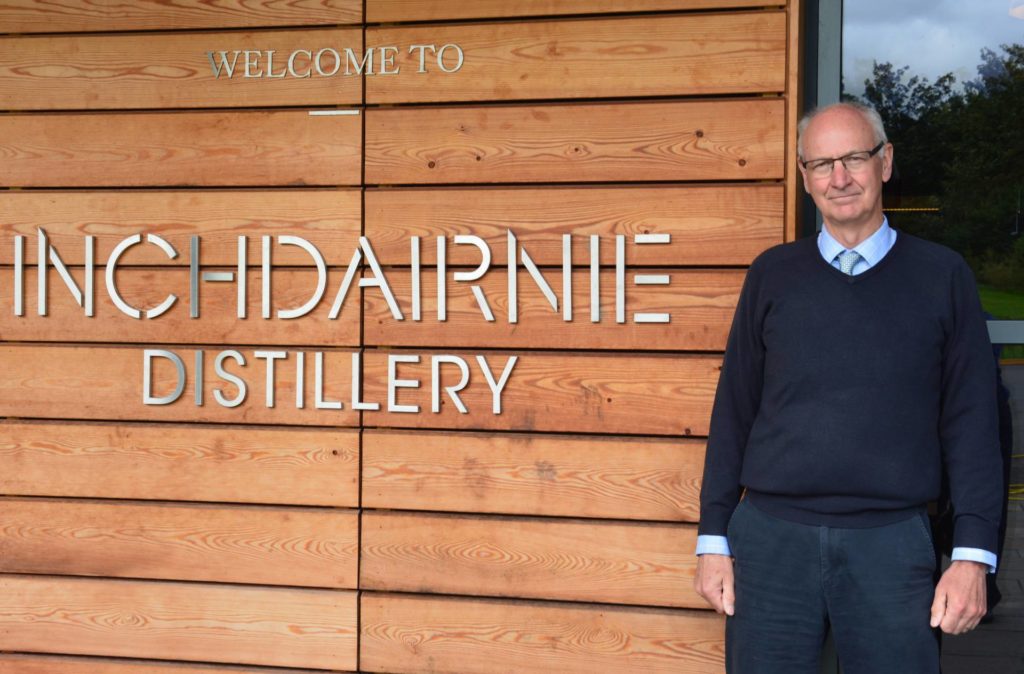Die InchDairnie Distillery veröffentlicht als erste Single Malt-Brennerei in Schottland ihre CO2-Bilanz. Wie die Brennerei in ihrer heutigen Presseaussendung schreibt, wurden die Arbeiten zur Erstellung des Berichts von Eunomia Research & Consulting mit Sitz in Bristol durchgeführt. Die Destillerie wurde erst 2016 erbaut und ist auf einen geringen Energiebedarf ausgelegt, bei dem Energie recycelt und im Rahmen des Destillationsprozesses wiederverwendet wird. Ihren erste Abfüllung wird erst 2029 erscheinen, wie eine Countdown-Uhr auf der Website der Brennerei bereits ankündigt.
Ihren Carbon Footprint Report stellt die Brennerei online zur Einsicht zur Verfügung, begrüßt Diskussionen und Rückmeldungen zu Methodik und Ergebnissen und ermutigt aktiv zur Kontaktaufnahme unter carbonfootprint@inchdairniedistillery.com.
Alles Weitere zur CO2-Bilanz finden Sie in der folgenden Pressemitteilung der Brennerei:
InchDairnie Distillery publishes Carbon Footprint Report
3rd. December 2020 InchDairnie Distillery has today released and published its carbon footprint calculation. In doing so the Fife distillery becomes the first single malt distillery in Scotland to publish its Carbon Footprint Report.
Managing Director Ian Palmer explains the background to be the first to release a Carbon Footprint Calculation and Report.
“Sustainability is important to InchDairnie Distillery and our report intends to set the standard. It is often found in the whisky industry there is a lot of ‘talk’ about sustainability and not enough hard evidence. Here at InchDairnie, we aim to shift this by publishing an independently produced carbon footprint report, with evidence‐based data.”.
The work in developing the report was carried out by Eunomia Research & Consulting based in Bristol. The innovative InchDairnie Distillery is designed to have low energy demand, where energy is recycled and reused within the distilling process. Some of the heat recovered is used to heat the offices in the winter. The Distillery is part of the circular economy, co‐products, draff and pot ale, are sent to a local Anaerobic Digestion plant, which produces gas which in turn is supplied into the same grid as the distillery draws from. As Ian Palmer states “InchDairnie Distillery is proud to be a part of this circular economy”.
Innovation is very important at InchDairnie Distillery. The distillery not only uses spring barley, the industry norm, but also the rare winter barley as it distils according to the seasons. It has also created industry firsts in distilling rye and oats. Whisky Writer Dave Broom sums it up in saying “In terms of flavour innovation other distillers will be looking at InchDairnie Distillery for years to come.”.
InchDairnie Distillery began distilling in 2016 and does not plan to release any whiskies until they are ready. Looking at the website www.inchdairniedistillery.com this patience is uniquely evident with a countdown clock for the InchDairnie single malt release in 2029. As such InchDairnie Distillery has yet to launch a product and therefore the report incorporates everything from the beginning of production, mashing through fermentation and distillation through to maturation but not onto the bottled product yet.
Ian Palmer explains “Here at InchDairnie we pay close attention to sustainable and environmental initiatives and recently entered the Green Distilleries competition, launched by the UK Government in September 2020. We also support the Scotch Whisky Association’s environmental strategy and endeavour to help achieve the goals set out in the document.”. The distillery is now beginning to collect rainwater from its warehouse roofs in order to reduce its water demand. The distillery also works with likeminded suppliers such as Muntons who supply malted barley and malted rye to the distillery.
In order to allow customers and consumers to make an informed decision about the products they buy, InchDairnie Distillery acknowledges a need to create a standardised methodology in calculating and publishing environmental impact and sustainability measures in the whisky industry. There are growing calls for standardisation as cited in the recent Financial Times article ‘Could carbon labelling soon become routine?’.
As this report is the first of its kind, InchDairnie Distillery welcomes discussion and feedback about the methodology and results and actively encourages contact at carbonfootprint@inchdairniedistillery.com
To view our report please go to inchdairniedistillery.com/carbon-footprint-report-2020/
















